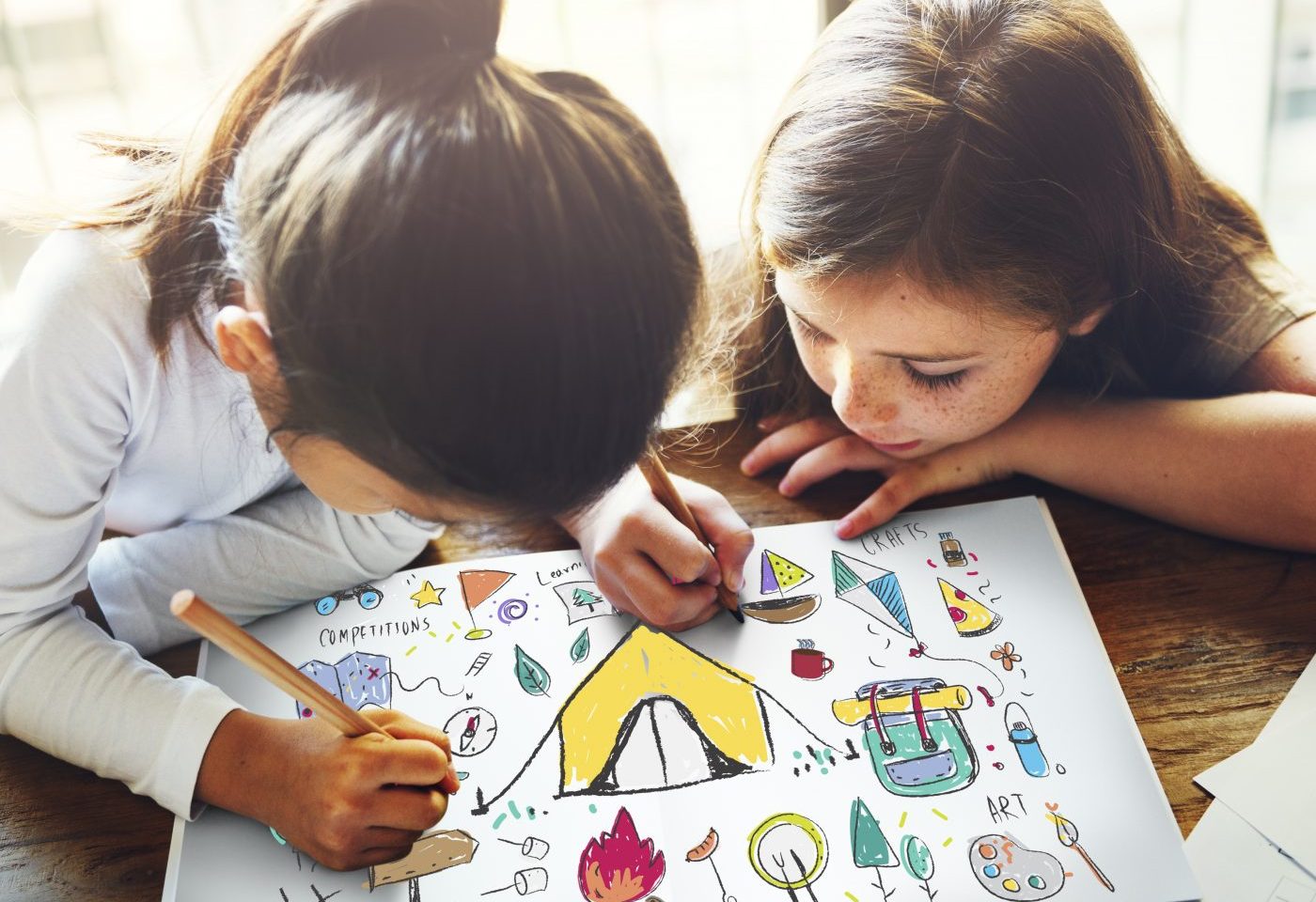5 Ways to Help Kids Cope with a Parent’s ALS

One of my biggest concerns is how my husband’s ALS will affect our children. They were both under 5 when Todd was diagnosed and while they are growing up, their father continues to lose strength.
A couple of years into the disease, I was fastening Todd’s seat belt as our 3-year-old son was buckling himself into his car seat. Isaac casually said, “Daddy’s getting littler. Sara and I are getting bigger.” I glanced at Todd, who hadn’t lost any weight, and we both knew Isaac was talking about Todd’s loss of function.
It can be traumatic for a kid to witness the brutal reality of what ALS does to a parent: falling and getting a bloodied face, choking at the dinner table, or struggling to take a final breath. And then the child has to survive life after the parent’s death.
In her book “Supernormal,” psychologist Meg Jay writes that, “researchers estimate that childhood adversity of any kind ultimately accounts for one-half to two-thirds of serious problems with substance use.”
My biggest mom-fear is that our kids are going to fail at life because of the cards our family has been dealt.
So what can we do to help our kids?
In wrestling with this question for a decade now, reading about grief, and talking with others who have been through or are in similar situations, I’ve come to the following guiding principles:
1. Don’t try to fix it
Accept that it is going to be hard, and there will be grief. We can’t fix it. We can only support our children with a listening ear and extra hugs. This has been a mental shift for me from before ALS when I tried to shield my children from pain.
2. Open opportunities for them
Help kids to find and pursue their passions. I talked with a woman who lost her husband after a 10-year battle with cancer when their son was only 14. I asked about her son, who is now middle-aged and has a family of his own: “What helped him get through his dad’s death?”
“Hockey was good for getting out his aggression,” she said.
I made a mental note to help my son to find physical activities he loves. He has tried several and downhill skiing is his favorite so far. Our daughter loves music and theater. She takes piano and dance lessons.
Although I hesitate to take on added expenses in the midst of this costly disease, those passions are good for their mental, emotional, and physical health.
3. Keep living with the disability
As baseball legend Yogi Berra said, “It ain’t over till it’s over.” We find things to do with Todd even with his severe disability.
We’ve become hockey fans, cheering for our local college team from the rink-side accessible seats. We relish family movie nights, especially now that the kids are old enough to appreciate movies that Todd and I like, too. We all belly-laughed our way through “Napoleon Dynamite” on a recent Friday night.
4. Keep yourself healthy
Don’t let ALS take both parents.
I recognize my own limitations. People who are new to this disease might be shocked to find out that the Medicare system in the United States pays for very little in-home care, and we’re forced to recruit volunteers or hold fundraisers to pay nighttime caregivers. I cannot go without adequate sleep for years and expect to parent well.
5. Have hope for their future
Realize that our kids have big lives ahead of them. Some kids who lose a parent wipe out, but not all of them do. It’s not inevitable.
I know many adults who lost a parent as a child, and they’ve gone on to lead meaningful, happy lives even though they still feel the loss.
In her book, Meg Jay cites a decadeslong study: “The quality of one’s childhood had less influence on one’s life than we might expect. … Even the death of a parent foretold little by age fifty and by age eighty those who had lost a parent as children were as happy and healthy as those whose parents had seen their sons become adults.”
I take courage from other moms who are now single-parenting after the death of their spouses. They tell me that although they continue to have the same fears as I do and there is ongoing grief, their kids are doing better than they expected. One mom, whose husband died from ALS, weighed in: “My kids can handle anything.”
I dare to hope that my kids’ atypical childhoods will make them strong and they will develop coping skills to meet life’s many challenges.
***
Note: ALS News Today is strictly a news and information website about the disease. It does not provide medical advice, diagnosis, or treatment. This content is not intended to be a substitute for professional medical advice, diagnosis, or treatment. Always seek the advice of your physician or other qualified health provider with any questions you may have regarding a medical condition. Never disregard professional medical advice or delay in seeking it because of something you have read on this website. The opinions expressed in this column are not those of ALS News Today or its parent company, Bionews Services, and are intended to spark discussion about issues pertaining to ALS.







Leave a comment
Fill in the required fields to post. Your email address will not be published.